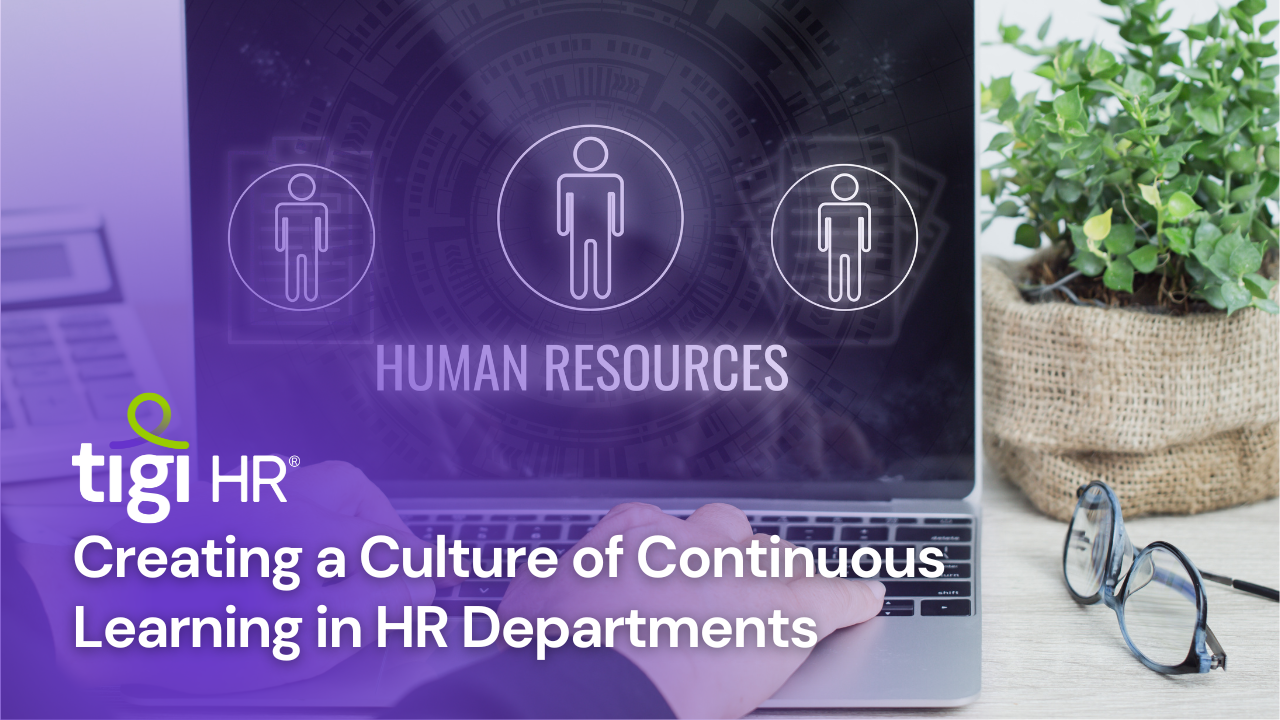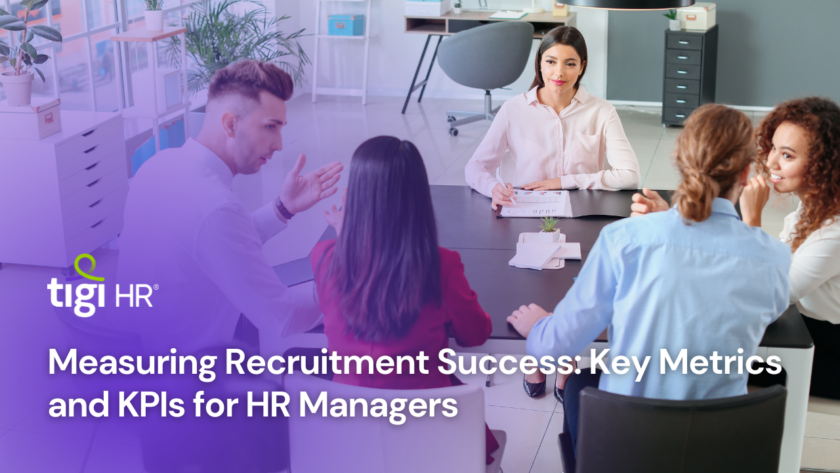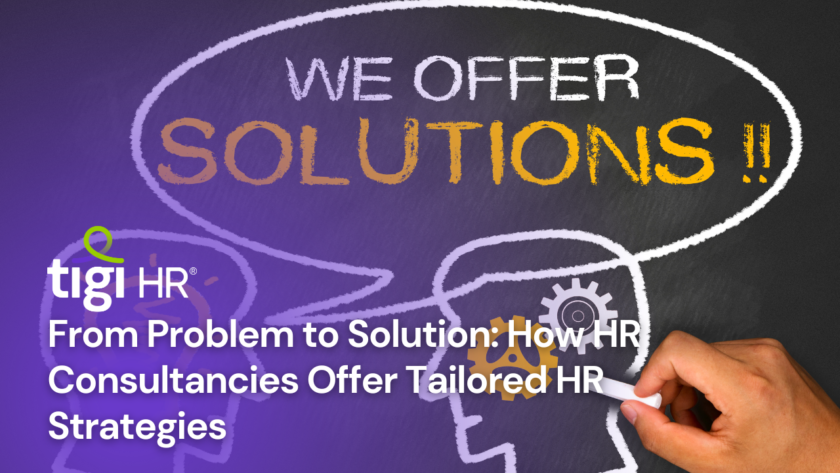In today’s rapidly evolving business landscape, Human Resources (HR) departments play a pivotal role in shaping organizational success. To thrive in this dynamic environment, HR teams must embrace a culture of continuous learning. In this article, we will explore the importance of continuous learning in HR departments and provide practical strategies to cultivate this culture effectively.
Understanding the Importance of Continuous Learning in HR:
The HR landscape is constantly evolving, driven by technological advancements, changes in labour laws, and shifting employee expectations. To remain effective, HR professionals must adapt to these changes and stay ahead of the curve. Continuous learning is the key to achieving this.
Adapting to Technological Advancements:
HR departments are increasingly reliant on technology for recruitment, talent management, and employee engagement. Continuous learning ensures that HR professionals can effectively leverage these tools and stay updated on the latest HR software and trends.
Navigating Regulatory Changes:
Employment laws and regulations are subject to frequent updates. HR teams need to stay informed about these changes to ensure compliance and mitigate legal risks.
Enhancing Employee Experience:
A culture of continuous learning enables HR professionals to better understand and meet the evolving needs of employees. This can lead to improved employee engagement, retention, and overall workplace satisfaction.
Strategies to Foster Continuous Learning in HR Departments:
Creating a culture of continuous learning requires a strategic approach that integrates learning into daily HR practices. Here are some actionable strategies to achieve this:
Invest in Learning Platforms:
Provide HR professionals with access to learning platforms, online courses, and webinars tailored to HR topics. Encourage them to allocate time for self-directed learning and skill development.
Peer Learning and Knowledge Sharing:
Foster an environment where HR team members share their expertise and experiences. This can be done through regular meetings, knowledge-sharing sessions, or even creating a dedicated internal HR knowledge base.
Mentorship Programs:
Pair experienced HR professionals with junior team members to facilitate knowledge transfer and skill development. Mentorship programs can greatly accelerate the learning process.
Set Learning Goals:
Encourage HR professionals to set specific learning goals and track their progress. Regularly reviewing and adjusting these goals can help maintain a sense of purpose in continuous learning.
Feedback and Evaluation:
Establish a feedback loop for HR professionals to receive constructive criticism and performance evaluations. This feedback can help identify areas for improvement and guide their learning efforts.
Support for Further Education:
Offer financial support or flexible schedules for HR professionals pursuing advanced degrees or certifications in HR-related fields. This demonstrates a commitment to their professional development.
Stay Informed About Industry Trends:
Encourage HR teams to attend industry conferences, seminars, and webinars. Staying informed about the latest trends and best practices in HR is essential for innovation.
SEO-Friendly Tips:
To ensure this article is SEO-friendly, consider the following:
Keyword Research:
Identify relevant keywords related to HR, continuous learning, and culture development. Incorporate these keywords naturally into the article, including in headings, subheadings, and body text.
Quality Content:
Create informative, well-researched content that provides value to readers. Google rewards high-quality content with better search rankings.
Mobile Optimization:
Ensure that the article is mobile-friendly, as Google prioritizes mobile optimization in search rankings.
Internal and External Links:
Include relevant internal and external links to reputable sources to enhance the article’s credibility and SEO performance.
Meta Description and Title Tags:
Craft compelling meta descriptions and title tags that accurately represent the article’s content and include relevant keywords.
In conclusion, fostering a culture of continuous learning in HR departments is not just a choice but a necessity in today’s dynamic business environment. HR professionals who embrace continuous learning can adapt to changing circumstances, improve employee experiences, and contribute significantly to their organization’s success. By implementing the strategies outlined in this article and optimizing it for SEO, HR departments can embark on a journey of growth and development that benefits both their team members and the entire organization.
Essential Company Policy Points for HR
In the evolving landscape of remote work, boosting employee productivity takes center stage. Effective communication tools, clear goal-setting, and flexible work hours empower remote teams. Encouraging skill development, fostering a positive work culture, and prioritizing well-being drive success. Leveraging data insights and recognizing achievements create a thriving remote workforce. With these strategies, companies pave the way for remote employees to excel while maintaining a healthy work-life balance.
Find trusted recruitment agencies : Click here





